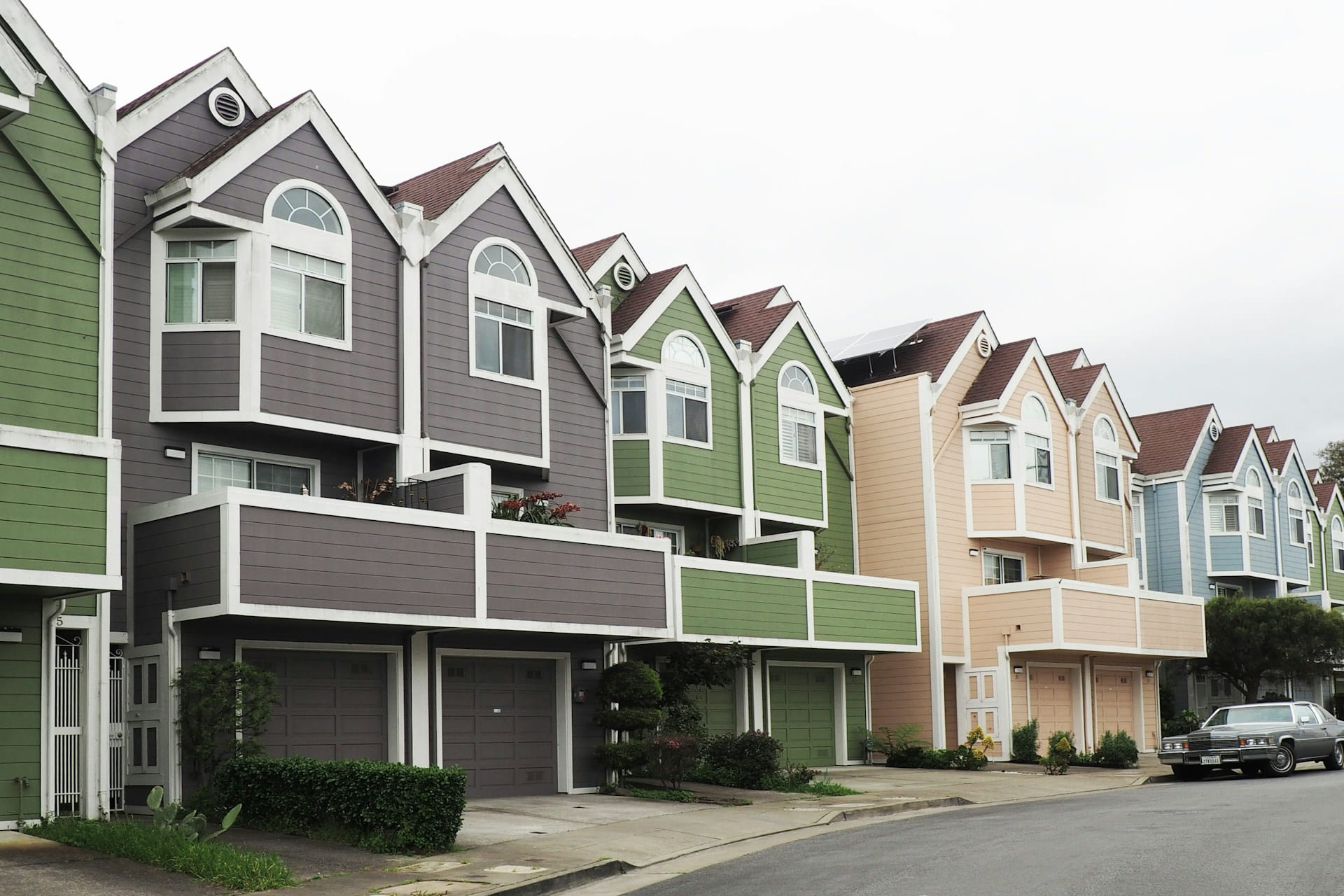
When people hear “homes management,” they often think it’s just about grabbing the rent check and calling it a day. But anyone who’s been a landlord—or even a tenant—knows it’s way more layered than that. Managing homes is basically a juggling act: tenants, repairs, paperwork, bills, and sometimes even neighbourhood drama.
What homes management really looks like
Picture this: the roof leaks during a storm, the tenant calls at midnight, and the plumber’s number you had saved suddenly doesn’t work. That’s homes management in real life. It’s being the person who sorts out the unexpected while keeping the property ticking along smoothly.
But it’s not only about fixing stuff. It’s also about planning ahead. Regular maintenance checks, knowing when the hot water system is about to give up, keeping insurance up to date—those are the things that stop bigger disasters later.
The money side of things
Of course, rent collection is a big part of homes management. But here’s the thing: it’s not just collecting; it’s also budgeting. Setting the rent at the right level so it covers costs without scaring away good tenants, handling arrears if payments fall behind, and keeping an eye on market trends so you’re not undercharging or overcharging.
And don’t forget taxes. Homes management often means keeping proper records for deductions—repairs, mortgage interest, council rates—all those little details that save you headaches come tax time.
Why many owners get outside help
A lot of homeowners start out thinking, “I’ll just manage my place myself, how hard can it be?” Then the 2 a.m. calls start, or the tenant stops paying, or there’s a legal notice in the mailbox. Suddenly, DIY management doesn’t look so simple.
That’s why professional property management services exist. They handle the tenant screening, the contracts, the chasing up of late payments, and the maintenance network. For a small fee, they basically take the stress out of your day-to-day.
The human side
At the heart of homes management, though, are people. Tenants aren’t just names on a lease—they’re families, students, professionals. Keeping good communication, treating people fairly, and being responsive when issues crop up makes all the difference. A happy tenant is far more likely to pay on time and stay longer, which means fewer vacancies for you.
Final thought
Homes management is really about balance. It’s protecting your investment while making sure the people living there feel safe and looked after. Whether you do it yourself or hand it off to a management company, the goal’s the same: a home that’s cared for, tenants who stick around, and an owner who sleeps a little easier at night.





